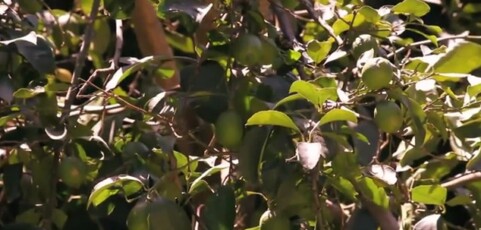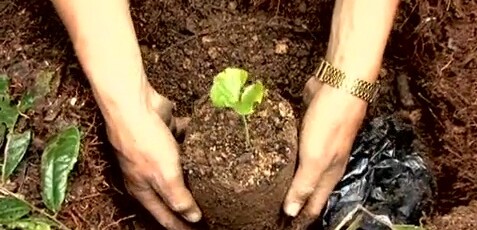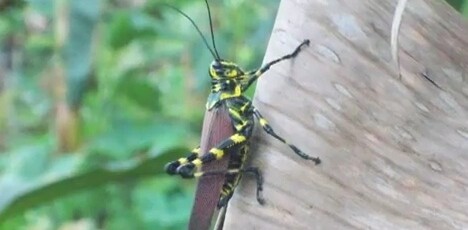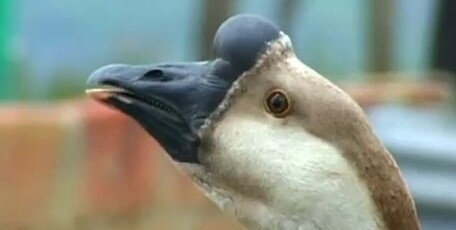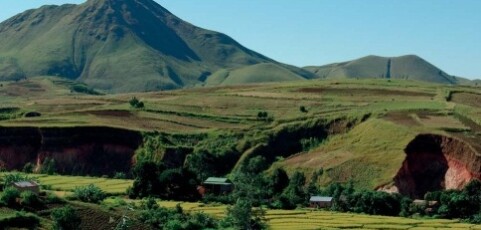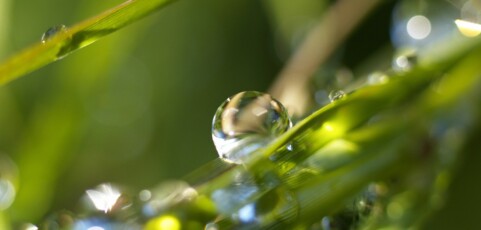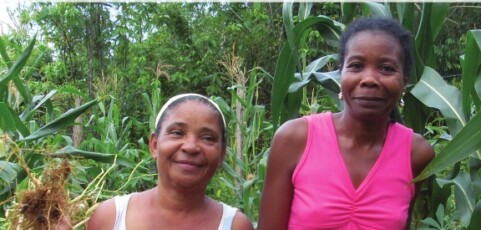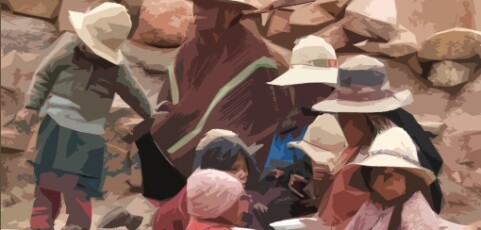A video made in the occasion of 20 years celebration of Movimento Agroecologico de America Latina.
Cultivating a Forest of Diversity and Food
Video-clip in a series which documents an ongoing process of establishing community forest reserves and agroforestry farming systems as an alternative to mono-crops and climate change. Agroforestry No 3
Living with Forests, Defending and Conserving
Video-clip in a series which documents an ongoing process of establishing community forest reserves and agroforestry farming systems as an alternative to mono-crops and climate change – Agroforestry No 1
En la variedad esta el placer
Video sobre experiencias de sistemas agroforestales y el proceso de reservas campesinas y comunitarias en Santander – Colombia. De la serie: Sistemas Agroforestales: viviendo con las selvas para su defensa y conservación.
Agroecology, best practices
Read MoreCordel do fundo solidário ; Gerando Riquezas e Saberes
In the Paraíba region several ‘rotating solidarity banks’ initiatives, each of which has developed in their own specific way, have been constructed. In this booklet these experiences were used to create a list of good practices.
Rice Hull Biorecycling in Rocha, Uruguay
Rice hulls can be used in compost and vermicompost to obtain a high quality organic fertilizer in a short time.
Agroecology: Exploring opportunities for women’s empowerment based on experiences from Brazil
Through the analysis conducted by ActionAid Brazil of their experiences working with rural women, this publication examines the relationship between agroecology and feminism and shows agroecology to be an essential tool that can advance the empowerment of rural women.
Revalorización y conservación de la diversidad biocultural andina
BioAndes was a regional programme carried out in Bolivia, Ecuador and Peru with the objective of “strengthening the capacities of local actors in the sustainable management of the region’s biodiversity”. Having run for 5 years, they were interested in presenting a detailed document to the national and regional authorities. With the help of many of those directly involved in the programme, ILEIA carried out a systematisation process, and presented the results as a 100-page document.

